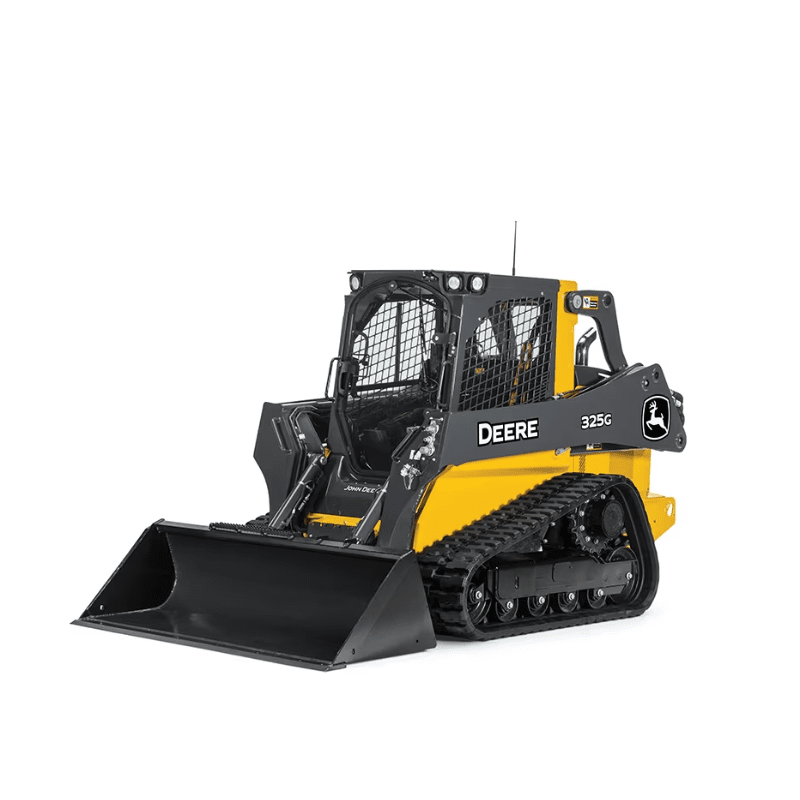Equipment Rental Company: Your Resource for All Kinds Of Machinery
Equipment Rental Company: Your Resource for All Kinds Of Machinery
Blog Article
Optimize Your Spending Plan by Comprehending the Expenses Related To Construction Tools Leasings
Comprehending the full extent of expenses related to building and construction devices leasings is crucial for optimizing your budget plan. While the initial rental cost may seem uncomplicated, many additional expenditures-- such as transportation, fuel additional charges, and maintenance-- can promptly collect, impacting your economic planning. Being conscious of various fees and the intricacies of rental arrangements can help prevent unexpected monetary burdens. What approaches can be utilized to effectively handle these costs and ensure a much more effective rental experience?
Summary of Rental Costs
When taking into consideration building tools leasings, understanding the linked costs is extremely important for efficient budgeting and project preparation. Rental costs can differ significantly based upon several variables, including tools type, period of rental, and place. The first rental charge usually shows the tools's market demand and its connected functional abilities, affecting the overall cost.
In enhancement to the base rental rate, supplementary costs may emerge, such as transportation charges, gas surcharges, and maintenance costs. It is vital to represent these added expenses to precisely analyze the total expense of renting out equipment. Additionally, the rental duration can influence pricing; longer leasings might certify for affordable rates, while short-term leasings could sustain higher everyday fees.

Failure of Rental Prices
A thorough understanding of rental prices is necessary for service providers and task supervisors intending to enhance their budget plans. Rental rates for construction tools typically include numerous elements, including base rates, time-based costs, and use charges.
Base rates are the core charges linked with the service of the devices, typically identified by the type and dimension of the machinery. These rates can differ substantially, influenced by factors such as tools need, availability, and local market patterns. Time-based charges, which might be daily, weekly, or monthly, offer to accommodate various job timelines and rental durations.
In addition, rental rates may consist of usage costs, which apply when equipment is made use of past a specified limit, guaranteeing that the rental firm can represent deterioration. Seasonal demand variations can likewise affect rental prices, with peak building periods normally commanding greater prices.
In addition, comprehending the rental company's policies pertaining to maintenance and insurance policy can supply more understanding into the total cost framework. By analyzing these elements, contractors can make educated choices, guaranteeing the option of rental equipment lines up with both task requirements and spending plan constraints.
Additional Fees to Think About
Recognizing the details of additional fees is important for service providers to handle their total rental expenses efficiently. Beyond the conventional rental prices, numerous auxiliary costs can significantly impact the total cost of equipment rental. These fees often include delivery and pick-up costs, which can differ based upon range and logistics associated with delivering the tools to and from the task site.
Furthermore, some rental business may impose gas additional charges if the tools is returned with much less fuel than when rented. It is also essential to understand potential cleansing charges, especially for specialized equipment that calls for detailed upkeep after use.

Thoroughly assessing the rental contract and clarifying these added charges upfront can aid specialists prevent unexpected prices and guarantee that budget plans remain undamaged throughout the project lifecycle.
Repair And Maintenance Expenditures
Routine repair and maintenance expenses are usually neglected factors that can substantially influence the general price of building tools leasings. When renting out equipment, it is vital to consider not just the rental fees however additionally the potential expenses linked with keeping the equipment in optimum operating condition.
Lots of rental firms include fundamental upkeep as part of the rental contract; nonetheless, more unanticipated breakdowns or comprehensive fixings can lead to additional costs. It's crucial to review the rental contract thoroughly to comprehend what upkeep solutions are covered and what responsibilities fall on the renter.
Additionally, devices that is not properly maintained can cause inadequacies at work site, potentially boosting and creating hold-ups project expenses. To reduce these risks, it is recommended to perform regular examinations and maintain open interaction with the rental provider regarding any issues that arise during usage.
Insurance Policy and Responsibility Prices
Insurance coverage and obligation expenses are vital elements that can considerably impact the total expenditure of building and construction devices rentals (equipment rental company). These prices make sure that both the rental business and the client are shielded from possible monetary losses arising from crashes, damage, or theft throughout the rental period

Additionally, customers should recognize any deductibles or exemptions in the insurance plan, as these can influence prospective out-of-pocket expenditures. Comprehending the terms and problems of any insurance policy protection is important to stay clear of unexpected expenses. Inevitably, budgeting for insurance and responsibility expenses can assist make certain a smoother rental experience and protect against economic threats connected with building and construction projects.
Final Thought
In conclusion, an extensive understanding of the costs associated with building devices rentals is important for effective budget monitoring. Inevitably, notified decision-making concerning equipment services adds to the overall success of construction undertakings.
Rental expenses can vary significantly based on several variables, including equipment kind, duration of rental, and why not try here area (forklift rental). The rental period can impact rates; longer leasings may certify for reduced rates, while temporary rentals could sustain higher day-to-day fees
By conducting detailed research study and engaging with reputable rental business, professionals can properly navigate the intricacies of rental prices, ultimately optimizing their financial sources.
Beyond the typical rental rates, numerous extra fees can dramatically affect the overall cost of equipment leasing. Rental business commonly offer responsibility insurance coverage that covers injuries to 3rd parties or damage to home, while tools damage insurance coverage can cover the price of repairs or replacement if the leased tools is damaged.
Report this page